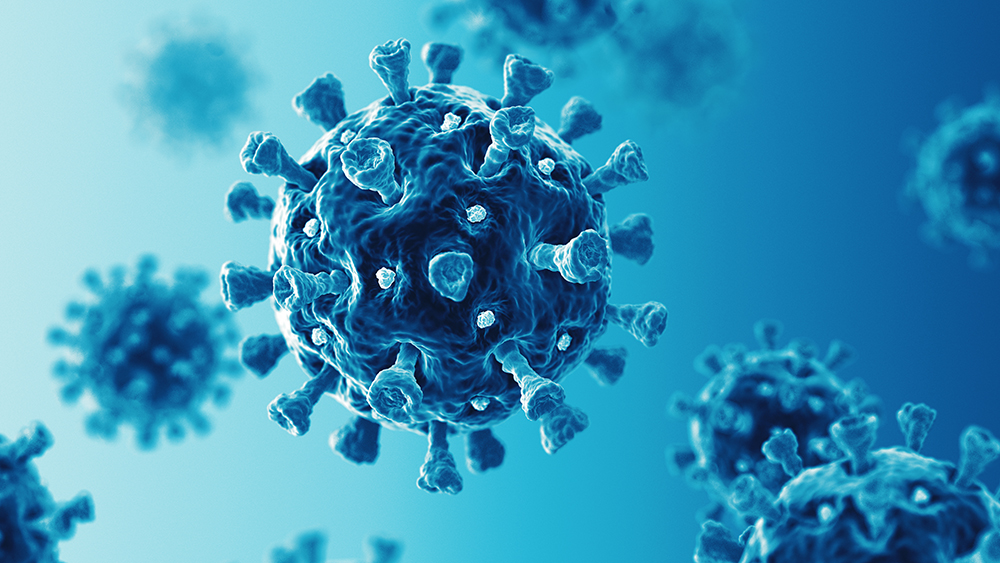
Black and Hispanic people are more likely than White people to experience certain symptoms associated with Long COVID.

Black and Hispanic people are more likely than White people to experience certain symptoms associated with Long COVID.
What you need to know
As the COVID-19 pandemic continues, a growing number of people are experiencing long-term symptoms and health problems following SARS-CoV-2 infection, a condition known as Long COVID.
However, the likelihood of being diagnosed with Long COVID seems to vary. A study supported by the Researching COVID to Enhance Recovery (RECOVER) Initiative found that the majority of patients from a sample of more than 30,000 patients with a Long COVID diagnosis were White, non-Hispanic, female, and likely to live in more affluent areas with greater access to health care. Because the COVID-19 pandemic has disproportionately affected people from racial and ethnic minorities, this finding may mean that people from those groups are living with Long COVID without a formal diagnosis.
Now, in another study supported by RECOVER, researchers have found that people from certain racial and ethnic groups are more likely than other groups to experience certain symptoms linked to Long COVID. This variation in symptoms may help explain why people from those groups are being underdiagnosed with Long COVID.
What did the researchers do?
The researchers reviewed electronic health record data from more than 60,000 adult patients in New York City who had had COVID-19 between March 2020 and October 2021. Among this group of patients, Black and Hispanic patients had higher rates of severe COVID-19 requiring hospitalization: 1 in 4 patients with severe COVID-19 was Black, 1 in 4 was Hispanic, and 1 in 7 was White.
The researchers examined the health records of patients with severe COVID-19 up to six months after they were first diagnosed. Compared with White adults, Black and Hispanic adults who had severe COVID-19 were more likely to develop certain symptoms associated with Long COVID, such as headaches, chest pain, and joint pain, but less likely to have other associated symptoms, such as sleep disorders, cognitive problems like brain fog, or fatigue. Black adults were also more likely than White and Hispanic adults to be diagnosed with diabetes in that time period after having COVID-19.
The researchers also analyzed symptoms and conditions of people for six months after they experienced mild or moderate COVID-19 and did not require hospitalization. Among this group of patients, Black patients were more likely than White patients to have certain symptoms linked to Long COVID, such as chest pain, joint pain, anemia, and blood clots in their lungs. Hispanic patients who had mild or moderate COVID-19 were more likely than White patients to have Long COVID symptoms like headaches, chest pain, diabetes, and dementia. Compared with Black and Hispanic patients, White patients were more likely to have brain fog and fatigue.
Why is this research important?
The results of this study show that Black and Hispanic people who develop COVID-19 are more likely than White people to experience certain symptoms linked to Long COVID. This may affect how people are being screened, diagnosed, and treated for Long COVID. More research is needed to understand the mechanisms behind the differences in symptoms experienced by and the potential underdiagnosis of Long COVID in people of different racial, ethnic, and socioeconomic groups.
Where can I go to learn more?
NIH RECOVER research identifies potential long COVID disparities
-
NIH’s RECOVER Initiative supported a study to understand whether there were racial and ethnic disparities for the symptoms and conditions related to Long COVID and differences in who receives care for Long COVID.
Researching COVID to Enhance Recovery (RECOVER)
-
NIH is funding the RECOVER Initiative, which is focusing on understanding Long COVID and effective ways to predict, treat, and prevent the condition.
Researchers Identify Four Long COVID Categories
-
A recent study classifying Long COVID into four types can help health care providers better target treatments for a patient’s specific symptoms.
Sources
Khullar, D., Zhang, Y., Zang, C., Xu, Z., Wang, F., Weiner, M. G., Carton, T. W., Rothman, R. L., Block, J. P., & Kaushal, R. (2023). Racial/ethnic disparities in post-acute sequelae of SARS-CoV-2 infection in New York: an EHR-based cohort study from the RECOVER program. Journal of General Internal Medicine, 1–10. Advance online publication. https://doi.org/10.1007/s11606-022-07997-1
Pfaff, E. R., Madlock-Brown, C., Baratta, J. M., Bhatia, A., Davis, H., Girvin, A., Hill, E., Kelly, E., Kostka, K., Loomba, J., McMurry, J. A., Wong, R., Bennett, T. D., Moffitt, R., Chute, C. G., Haendal, M., The N3C Consortium, & The RECOVER Consortium. (2023). Coding long COVID: Characterizing a new disease through an ICD-10 lens. BMC Medicine, 21(58). https://doi.org/10.1186/s12916-023-02737-6

News and Stories
Read stories about the efforts underway to prevent, detect, and treat COVID-19 and its effects on our health.
 An official website of the United States government
An official website of the United States government

